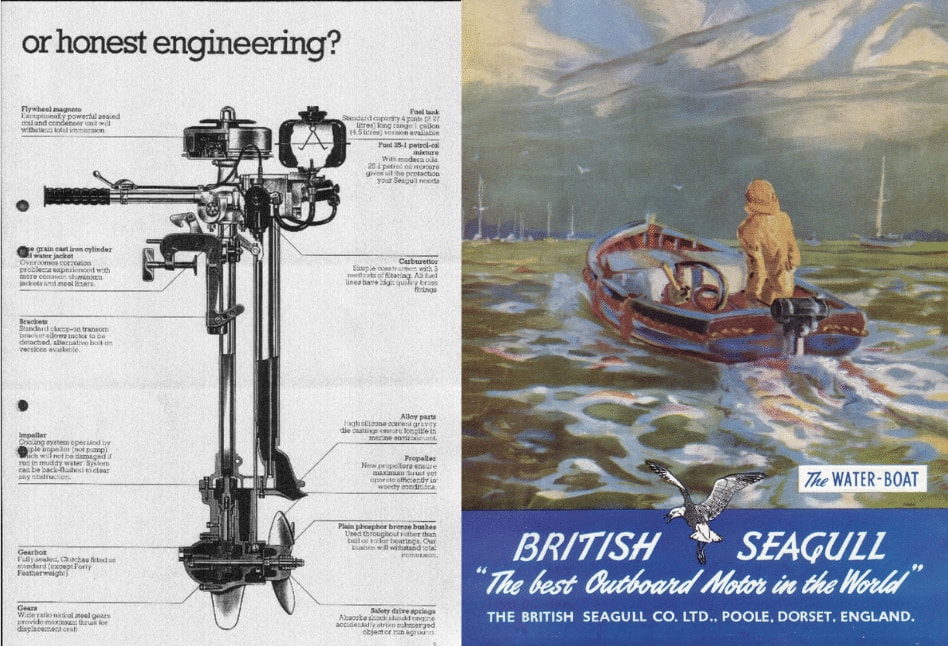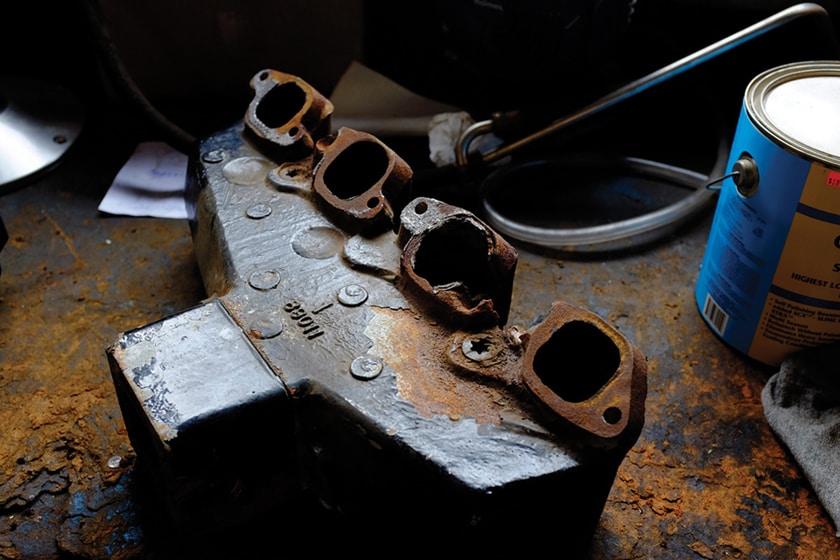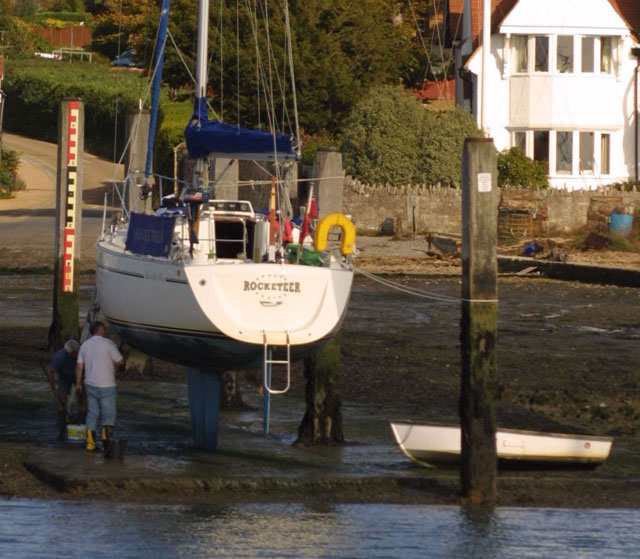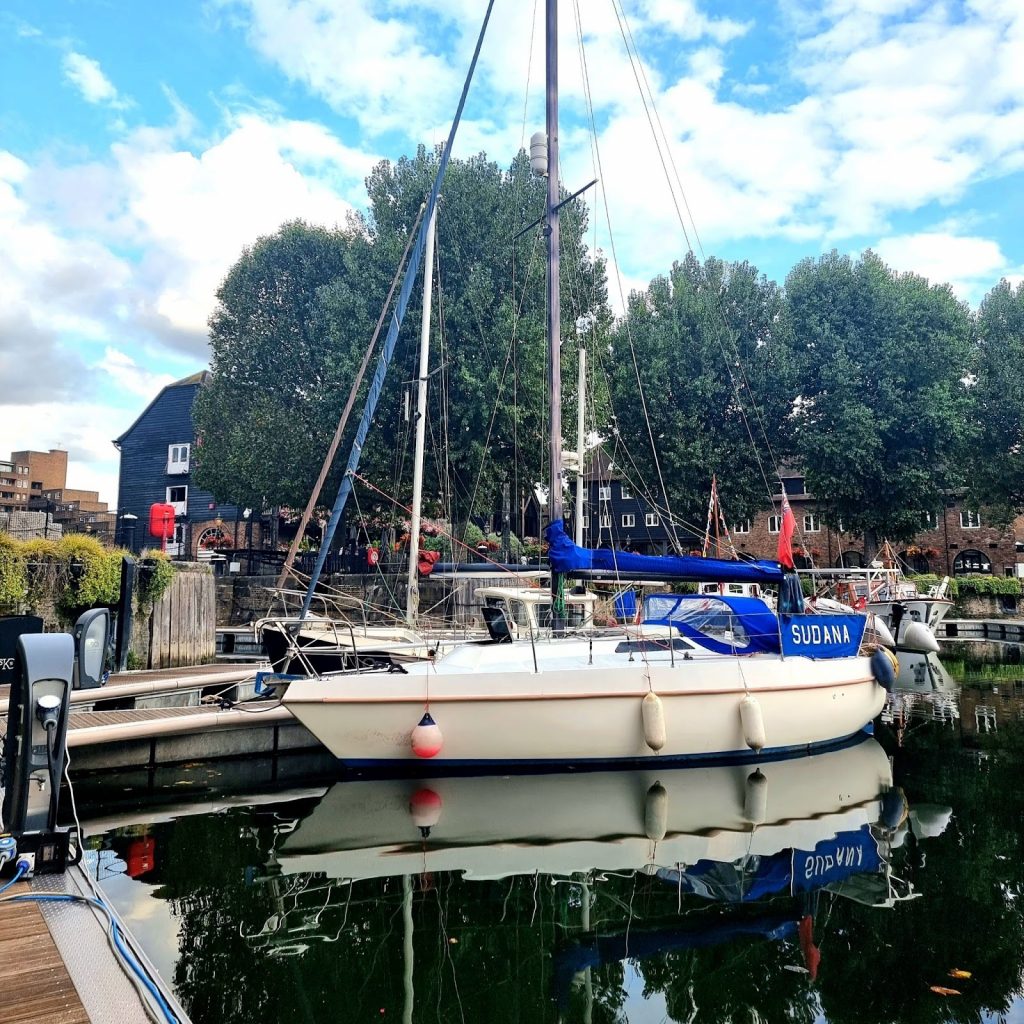Two strokes, 4 strokes, diesel, marinised, marinated! Torque curves, ILB per foot thrust, prop pitch – don't you just love how they all trip off the tongue like some office acronym that everyone nods in agreement with, but no one has a clue what's being talked about. The world is full of knackered out old engines at tempting prices with the caveat of "all it needs is." Luckily, you have a mate with zero mechanical qualifications or training who can fix this for next to nothing when 6 marine engineers have previously refused to touch it. I was interested that when we hired a boat on the canal du Midi, the engineer said they never tried to fix the engines they just replaced them every year.
Now, I am not going to insult your intelligence with 800 words on how each engine differs. However, my spell of teaching in a prison highlighted that most people have no idea how a two-stroke works in comparison to a four-stroke. It indeed has nothing to do with the fuel as 2 stroke diesel are common enough in the Eastern block countries or the fact that one weighs almost twice as much as another and can happily rip the ribs out of any boat not designed to take it. I am here to tell you don't buy it!
Perhaps one of the greatest achievements of British engineering was simplicity and reliability. A concept the immortal Seagull engine embraced for years along with Austin and Ford side valve engines, all which were used in boats. One of the biggest achievements of marketing was to convince us to look back with rose-tinted glasses and filter out all the faults they were built with.

So what is the difference between marinised and marinated? Basically, about £700 quid's worth of repair bills, unless you own something like a Vosper Thornycroft air start the engine in your boat has been adapted from either the automobile or even better an old cement mixer, and the adaptation is how it gets its cooling water. The easiest method is to suck it up from what you are bobbing about on, which unfortunately is quite corrosive. A marinated engine, however, is one that has been left under the water and is now fully corroded and requires stripping down to its main bearings and rebuilding. One could argue that the outboard engine is purposely built and indeed they have some intelligent engineering. Still, the give away is they are often made by the same company that makes motorbikes and or the odd lawnmower. Even the hallowed Seagull had the DNA from an old 2 stroke kick start lawn mower it was just cooled by pumping water through the cylinder block rather than air over it, an engineering concept that is returning to some small outboards.
So why wouldn't I buy a ten-year-old outboard even if it were owned by a vicar and run through with font water? Basically, each engine has what is termed nicely built-in obsolescence – it knackers itself beyond economical repair after so many hours use and why wouldn't it especially if you are an engine manufacturer. Then there is the same scenario that faces all computer and mobile phone owners a new model arrives every two years with feature plus benefit equals sales. Hence, if we take the 2 stroke, for example, I have yet to meet anyone who can mix 50:1 from a 5 litre can properly so why not have it injected in. Similarly, very few of us now own a points file or feeler gauges as all the ignition became solid-state as far back as the 1980s. Suddenly the simplicity of our engine has been rudely interrupted by simple one-off bolt-on parts that only fit that particular engine and are now not available.
Sadly, it isn't just confined to the internal workings of the engine- getting old engines apart to fix them can bring a man to tears as bolts break off down deep holes taking an expert in patience to remove them. Bolt sizes and lengths vary, and I have known engine casings where all were different lengths and if that wasn't frustrating enough some manufactures use different pitch of thread (number of thread per inch and even the cut of the thread) which means not all 10 mm bolts are the same.

Even if we miraculously get all the bolts out in one bit, there are a number of impellers that were used for the water pumps and an equal number of grommets connecting these to the tubes that deliver the water – which of course no one checks which is why even after an impeller change it still won't pump water – I have resorted more than once to making my own on a lathe a graphic example of how the unavailability of £1.10p worth of rubber can kill an engine off.
There are hundreds of individual parts that make up an engine – in my workshop is a 1973 Honda Motorcycle that runs as it came off the production line. The reason why is although the engine casings are original – every last part of its guts were replaced with either brand new or old stock parts, a costly and time-consuming hobby which if you added in my time I could have bought a new one. So, in the words of an old top gear episode, you can buy a 25-year-old super boat engine for pocket money prices off the internet auction site but why in god's name would you.




